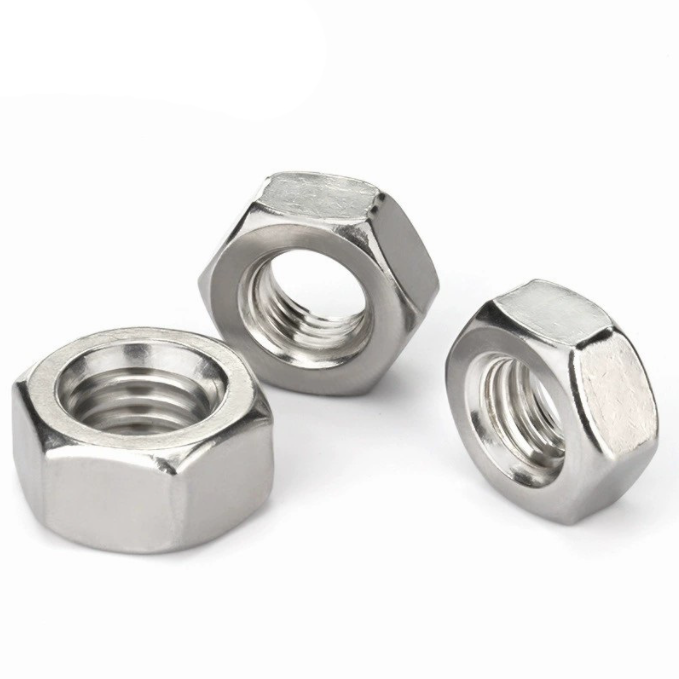

metric washers
أكتوبر . 16, 2024 18:55 Back to list
metric washers
Understanding Metric Washers An Essential Guide
Washers might seem like small, insignificant components in the world of machinery and construction, but their role is critical in ensuring that assemblies function securely and efficiently. Among the various types of washers available, metric washers hold a unique place, especially in industries and applications that adhere to the metric system. This article provides a comprehensive overview of metric washers, their types, applications, and some important factors to consider when selecting the right washer for your needs.
What Are Metric Washers?
Metric washers are flat disks, typically made from metal, plastic, or rubber, that are used to distribute the load of a threaded fastener, such as a bolt or nut. Their primary function is to reduce surface tension and prevent damage to the materials being joined. In addition, washers help to prevent leakage when used with seals in plumbing and automotive applications, and they can also serve as spacers or vibration dampeners.
The term metric signifies that these washers are designed to fit metric bolts and screws, adhering to strict measurements defined in millimeters rather than inches. This is particularly important in regions where the metric system is standard, such as Europe and many parts of Asia.
Types of Metric Washers
There are several different types of metric washers, each serving a specific purpose
1. Flat Washers The most common type of washer, flat washers are used to create a larger surface area for the load of a fastener. They help prevent the fastener from sinking into the material and provide a smooth surface that helps with torque applications.
2. Spring Washers Also known as lock washers, these washers are designed to exert a spring-like force. They help maintain tension and prevent loosening due to vibrations. Spring washers come in various designs, including split, wave, and conical.
3. Fender Washers Larger in diameter than standard flat washers, fender washers provide greater support for the fastener and help distribute the load over a larger area. They are often used in applications where the surface material is thin or prone to damage.
4. Sealing Washers These washers come equipped with a rubber or plastic seal that prevents fluid or gas leaks. Commonly used in plumbing and automotive applications, sealing washers ensure a tight fit and help maintain pressure.
5. Shoulder Washers These have a shoulder that can provide more space or alignment in the assembly. They are often used in electrical and electronic applications to prevent wear and tear on components.
metric washers

Applications of Metric Washers
Metric washers are used in a variety of industries, including construction, automotive, aerospace, and manufacturing. Their versatility is invaluable
- Automotive In vehicles, metric washers are frequently used in securing parts, ensuring that they remain intact despite constant vibrations and movement. - Construction Various assemblies, from scaffolding to structural supports, require reliable joining techniques. Metric washers help ensure safety and integrity. - Manufacturing In machinery assembly, the proper selection of metric washers is crucial for operational effectiveness and durability.
Selecting the Right Metric Washer
When selecting a metric washer, several factors should be considered to ensure optimal performance
1. Material Depending on the application, the choice of material is critical. For instance, stainless steel is corrosion-resistant, making it suitable for outdoor and automotive applications, while plastic may be preferable for electrical insulation.
2. Size Ensure that the washer's inner diameter matches the bolt size and that the outer diameter is adequate to distribute the load effectively.
3. Type Choose the appropriate type of washer based on your specific needs—whether it’s for added tension, sealing purposes, or surface protection.
4. Standards Compliance Ensure that the washers meet relevant industry standards, such as ISO or ASTM, to guarantee their quality and reliability.
Conclusion
Metric washers, though small components, play a vital role in ensuring the safety and efficiency of various assemblies. Understanding their types, applications, and how to choose the right one can enhance the performance of any project or machinery. Whether in construction, automotive, or manufacturing, the correct use of metric washers is essential for achieving optimal results and long-lasting solutions.
Latest news
-
Hot Dip Galvanized Bolts-About LongZe|High Strength, Corrosion Resistance
NewsJul.30,2025
-
High-Strength Hot Dip Galvanized Bolts - Hebei Longze | Corrosion Resistance, Customization
NewsJul.30,2025
-
Hot Dip Galvanized Bolts-Hebei Longze|Corrosion Resistance&High Strength
NewsJul.30,2025
-
High-Strength Hot-Dip Galvanized Bolts-Hebei Longze|Corrosion Resistance&High Strength
NewsJul.30,2025
-
Hot Dip Galvanized Bolts-Hebei Longze|Corrosion Resistance&High Strength
NewsJul.30,2025
-
Hot Dip Galvanized Bolts - Hebei Longze | Corrosion Resistance, High Strength
NewsJul.30,2025

